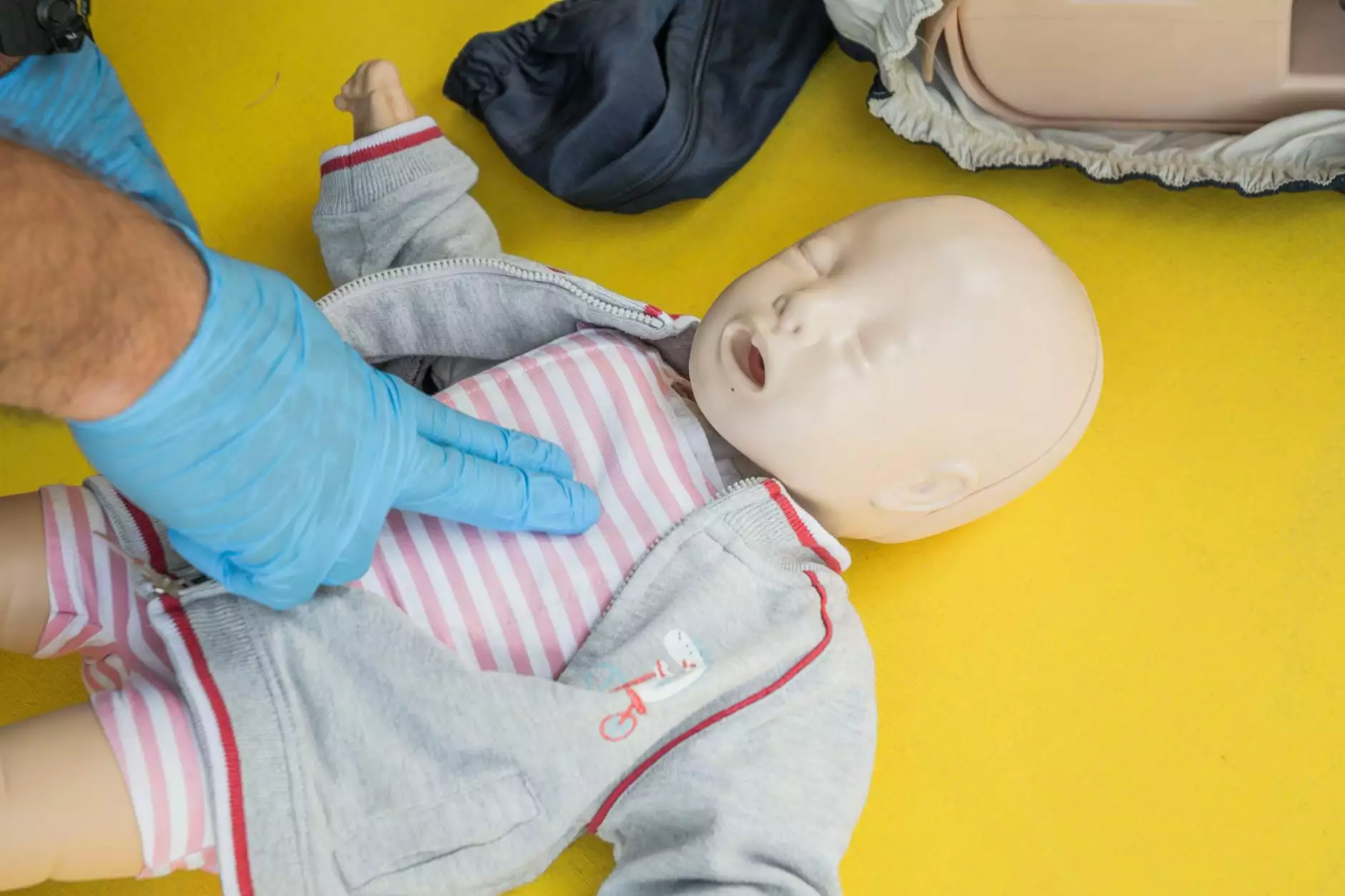Mobile Health Clinics in Africa: Revolutionizing Healthcare Accessibility

The landscape of healthcare in Africa is undergoing a significant transformation, thanks in large part to the innovative solutions provided by mobile health clinics. These clinics serve as a beacon of hope, addressing the challenges of accessibility, affordability, and quality in the healthcare system across the continent.
The Necessity of Mobile Health Clinics in Africa
Access to healthcare in many parts of Africa is fraught with challenges. Rural areas often lack essential medical facilities, leaving vulnerable populations without necessary medical attention. Mobile health clinics emerge as a proactive solution to this pressing issue. Here are some of the critical factors necessitating these clinics:
- Geographical Barriers: Many communities are located far from established healthcare facilities, making regular visits to clinics nearly impossible.
- Economic Constraints: High medical costs and transportation fees deter people from seeking care.
- Inadequate Infrastructure: Poor infrastructure impedes access to hospitals and clinics, especially during rainy seasons.
- Shortage of Healthcare Professionals: Many regions suffer from a lack of qualified healthcare providers.
What are Mobile Health Clinics?
Mobile health clinics are specially designed vehicles equipped to deliver a range of health services directly to communities. They can vary in size and capacity but typically include examination rooms, diagnostic tools, and supplies to provide basic healthcare services.
These clinics offer a variety of health services, including:
- General medical exams and consultations
- Diagnostic testing (e.g., blood tests, screenings)
- Vaccination programs
- Maternal and child health services
- Nutritional education and counseling
- Chronic disease management (e.g., diabetes, hypertension)
The Impact of Mobile Health Clinics in African Communities
The implementation of mobile health clinics in Africa has had a profound impact on local communities. Below are some key areas where their influence is significantly felt:
1. Increased Access to Healthcare
Mobile health clinics directly bring healthcare services to underserved populations, drastically improving access. Communities that once faced long journeys to distant clinics can now receive medical attention within their own neighborhoods, which encourages more people to seek care.
2. Improving Health Outcomes
By facilitating timely medical interventions, mobile clinics have the potential to reduce morbidity and mortality rates associated with preventable diseases. For example, vaccination programs run from these clinics address childhood illnesses that would otherwise go unchecked.
3. Education and Awareness
Health education initiatives delivered through mobile clinics help raise awareness about various health issues such as nutrition, hygiene, and chronic disease prevention. These informational sessions empower communities with knowledge to make informed health choices.
4. Integration of Services
Mobile health clinics often provide integrated services, ensuring that patients can address multiple health concerns in one visit. For instance, a woman may receive prenatal care while her child is vaccinated and her husband is screened for hypertension—all in a single stop.
Case Studies: Success Stories of Mobile Health Clinics
Across Africa, numerous success stories illustrate the profound impact of mobile health clinics. Here are some remarkable examples:
1. Operation Smile in Nigeria
In Nigeria, Operation Smile operates mobile health clinics that offer surgical and medical care to children with cleft lips and palates. These clinics travel to remote areas, providing not just surgery but also post-operative care, greatly improving the quality of life for hundreds of children.
2. The Flying Doctors in Kenya
The Flying Doctors service in Kenya provides emergency medical and surgical services using air ambulance and mobile clinic options. This unique approach has proven critical in reaching remote regions quickly, saving lives through timely intervention.
3. African Mobile Clinic Initiative
This initiative strengthens primary healthcare through mobile clinics, bringing vaccination against preventable diseases, maternal healthcare, and health education to hard-to-reach areas in countries like Malawi and Zambia. The increased vaccination rates and improved health metrics are notable successes.
Challenges Faced by Mobile Health Clinics
While the benefits of mobile health clinics are significant, they are not without challenges. Understanding and addressing these challenges is crucial for the sustainability of these initiatives.
- Funding and Sustainability: Many mobile clinics rely on donations and grants, leading to uncertainty in funding that can impact operations.
- Logistical Issues: Navigating through difficult terrains can pose significant logistical challenges, especially in rural areas.
- Regulatory Hurdles: Compliance with local regulations and securing necessary permits can complicate the operation of mobile clinics.
- Cultural Barriers: Engaging with communities to change perceptions about healthcare can be challenging, particularly in regions with deep-rooted beliefs about traditional medicine.
The Future of Mobile Health Clinics in Africa
The future of mobile health clinics in Africa looks promising as advancements in technology and increased awareness drive innovative solutions. Some emerging trends include:
1. Digital Health Integration
Mobile clinics are increasingly integrating telemedicine and digital health technologies, allowing healthcare workers to connect with specialists remotely. This development is especially beneficial in providing comprehensive care to patients who require specialized treatment.
2. Collaboration with Local Health Systems
Partnerships between mobile health clinics and local health authorities can enhance service delivery efficiency and support the sustainability of healthcare initiatives.
3. Enhanced Training for Healthcare Workers
Providing ongoing training and support for healthcare professionals operating mobile clinics ensures they are equipped with the knowledge and skills necessary to deliver high-quality care effectively.
4. Increased Community Engagement
Fostering strong relationships between mobile health providers and local communities can improve trust, leading to higher patient uptake and more successful health outcomes.
Conclusion: The Essential Role of Mobile Health Clinics in Africa
Mobile health clinics play a critical role in bridging the healthcare gap in Africa. By bringing essential services to the doorsteps of those in need, these clinics not only improve access but also enhance the overall health and wellness of communities. With continued support and innovation, mobile health clinics will remain a vital component of Africa's healthcare system, driving change and improving lives.
For more information about mobile health clinics and how they are transforming healthcare in Africa, visit odulairmobileclinics.com.









